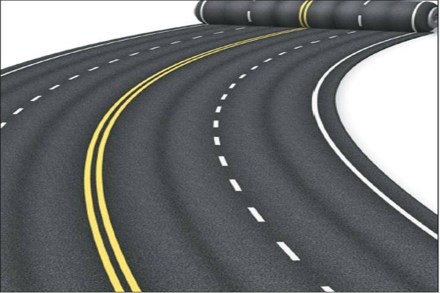Eligibility criteria relaxations brought in earlier by the government for building highways through engineering procurement and construction (EPC) and hybrid annuity model (HAM) routes have started paying off. Apart from enhancing more competition among bidders to grab projects, it has ensured less outgo for building stretches for the government, rating agency Icra has found.
Earlier this year, the ministry of road transport and highways revised model concession agreements for both EPC and HAM, paving the way for those building stadium, hospitals and hotels to also get into the highway sector. The government also relaxed their financial criteria or eligibility.
“The EPC mode continues to remain extremely competitive with many bidders quoting at a discount of as high as 30-35% to the NHAI’s base price. The BOT (HAM) has also witnessed heightened competition resulting in average premium to NHAI cost reducing to around 15% from 25-30% earlier and even negative O&M bid in some cases. The number of bidders has surpassed 40 participants (of which qualified were 30) for some of the EPC projects and 10-15 participants (around 5-10 earlier) for HAM projects,” said Icra’s Rajeshwar Burla.
Icra, however, said the discounted bids to NHAI’s base price, along with the rise in commodity prices, could have a material adverse impact on the profitability of the contracting companies. “Bidding discipline therefore remains a key for road contractors to maintain adequate profitability and avoid build-up of stress on working capital cycle,” he added.
The aggressive bidding for the projects may also lead to projects getting delayed or stuck or under dispute as lower profitability in the projects would constrain the contactor’s ability to absorb time and cost overruns in the project.
The time and cost overruns could be due to various reasons, including steep increase in commodity prices, change in scope, delays in land acquisition and approvals; and force majeure events among others, Icra said.
